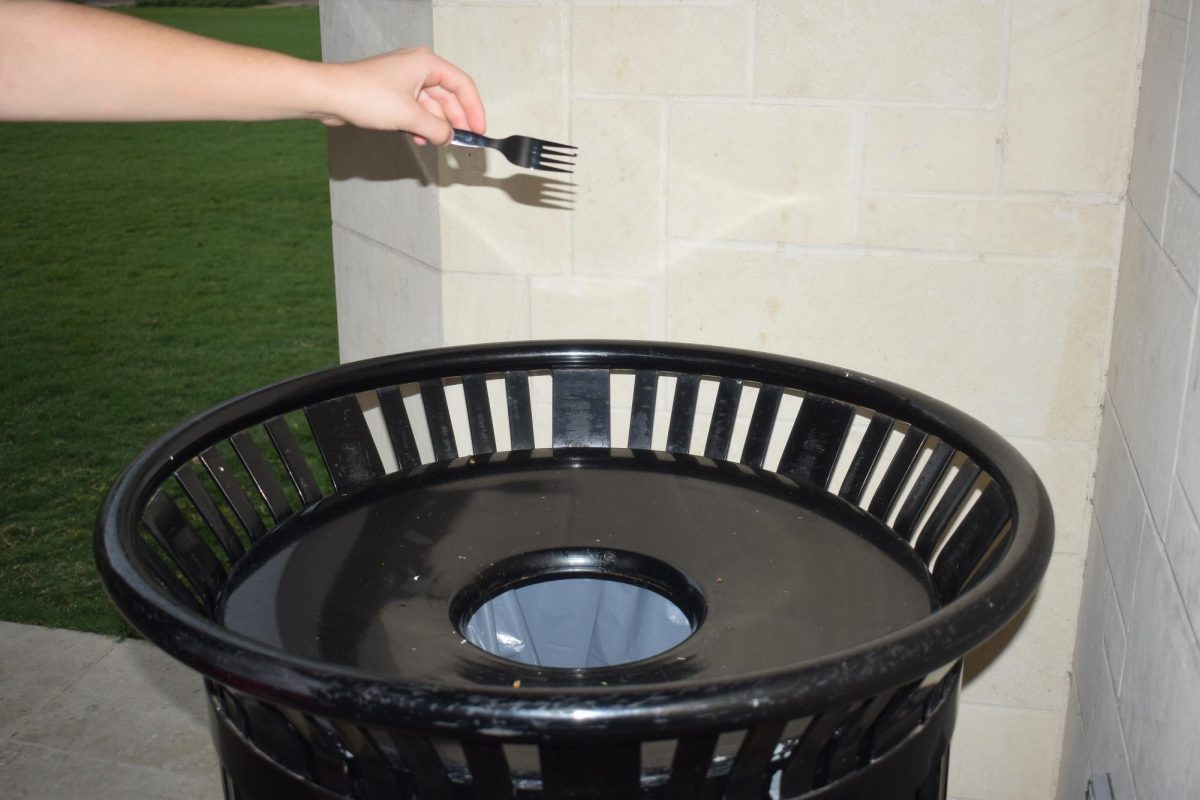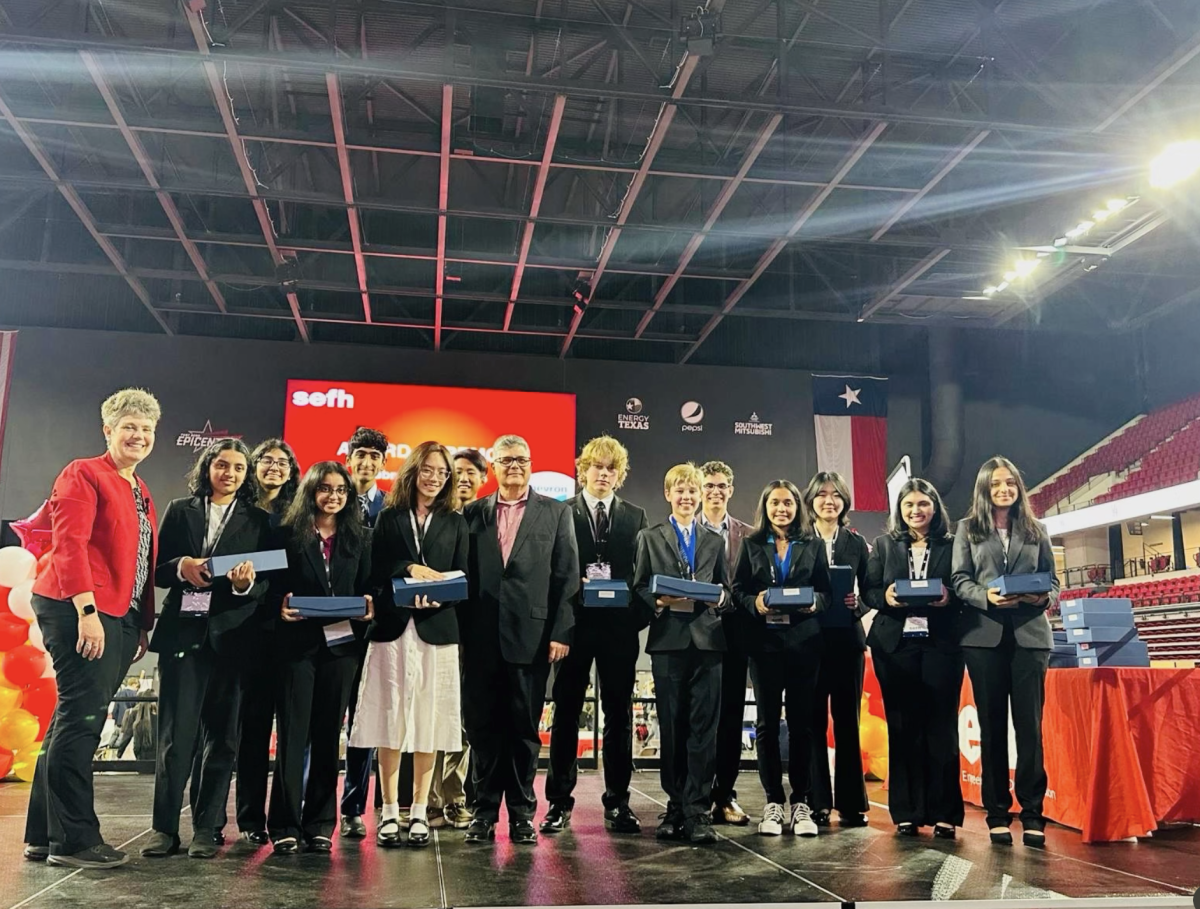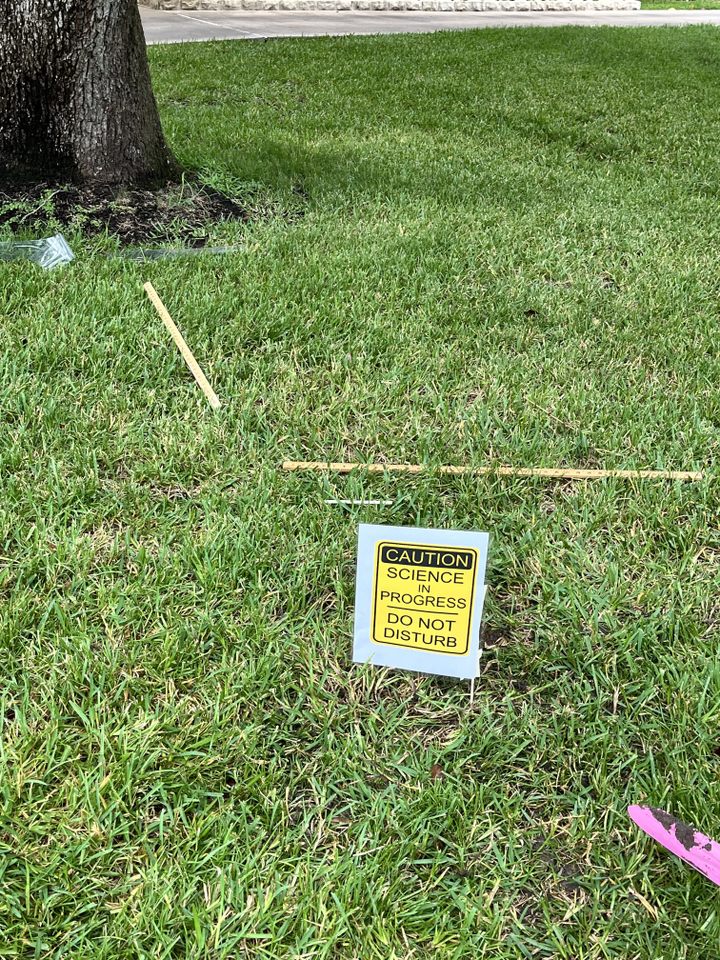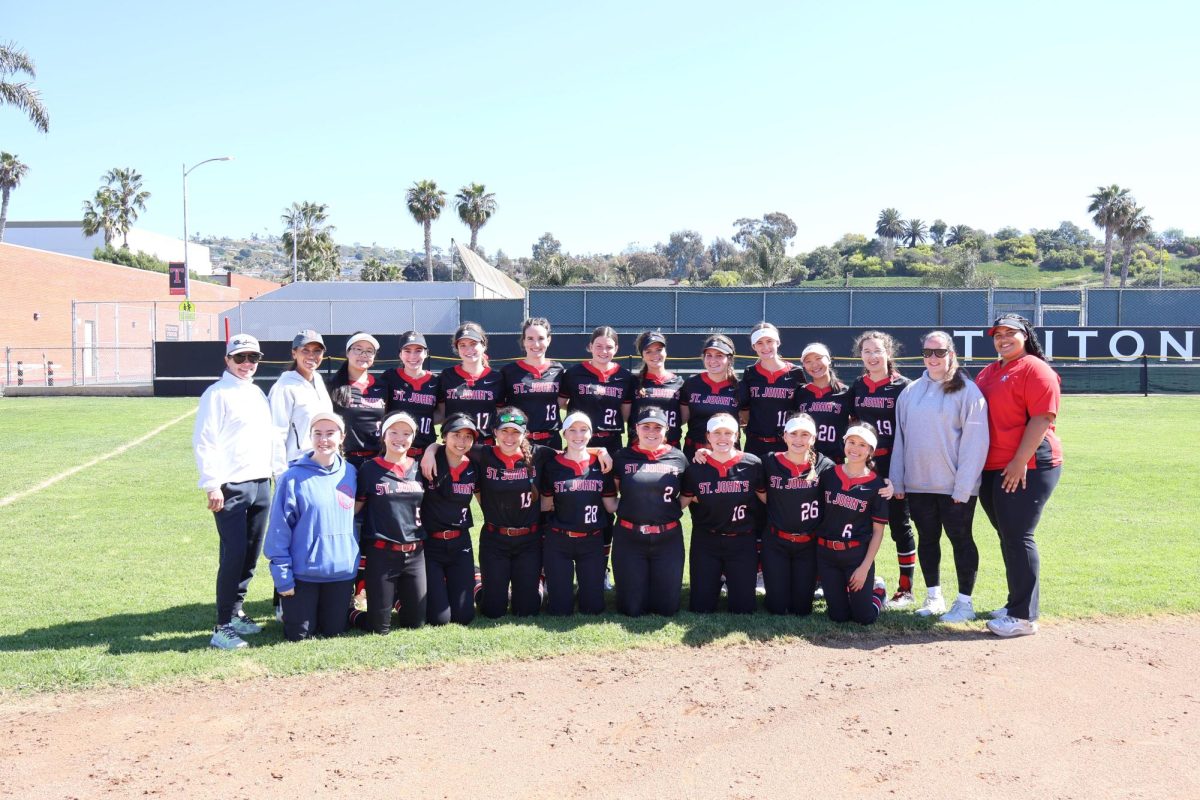Plastic utensils have been mysteriously disappearing—and reappearing—from the servery since school began.
Dashing into Flores for the annual first-day Community Breakfast, students discovered that the plastic cutlery and paper plates had vanished. A few days later, however, disposable materials found their way back into the lunch rotation, leaving students perplexed.
But they were not the only ones scratching their heads.
Alan Mallett, Director of Food Services, spent his summer deliberating over how to balance conservation goals with student needs.
After being approached by several students and faculty leaders, Mallett made the decision to have plastic utensils and paper plates removed from the servery.
“Everyone was forced to reduce the plastic they used,” said sophomore Adaline Thompson, member of ECOS, the Environmental Coalition of Students. “It was really great.”
Despite the best of intentions, the ban on paper plates and plastic utensils proved problematic.
Although the servery staff installed numerous return stations around campus for the reusable plates, bowls and silverware, many students did not notice.
“People just chuck them or throw them away,” Mallett said.
Within a few weeks, hundreds of dollars worth of silverware disappeared, presumably tossed in the garbage. And so, paper and plastic are back.
“We can’t afford to keep buying silverware,” Mallett said.
Student opinions were mixed. Some appreciated the return of plastic utensils, citing the convenience of throwing them away on the way to class. Others, like freshman Maya Kadia, acknowledged that although plastic is convenient, “the Earth is more important.”
Students reiterated the importance of conservation efforts. In an evolving world where over 40 billion plastic utensils are discarded every year, environmental awareness is important to consider.
For green initiatives to succeed, “everyone needs to get on board,” Mallett said. “It’s a terrible situation, but there’s no easy answer.”

















